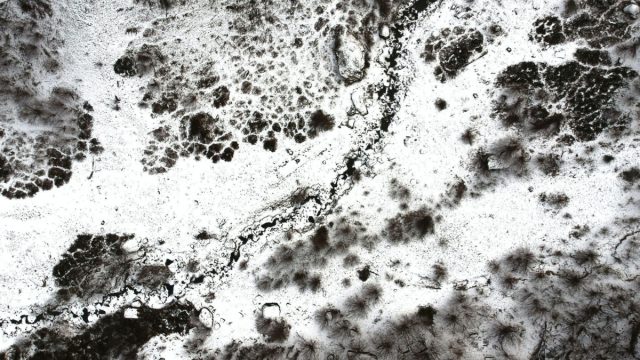If you’ve done some research about mold and heard about black mold, you may be worried that such a dangerous substance can be lurking in your home. Most people will call up a Washington DC mold removal business at the first sight of black mold.
In this guide, we’re going to cover what you should know about black mold, including what it is, how rare it is, how it can affect you, and how it gets into your system in the first place.
What is Black Mold?
Contents
Black mold is the common name for Stachybotrys chartarum, but the fact is that there are many different types of black mold, and not all of them are as threatening as it. However, other kinds of black mold have their own risks, such as Aspergillus niger, which can cause breathing issues for many people.
There are over 60 species of mold that’s black, and not all of them are Stachybotrys, but for the purposes of this article, that’s the black mold that we’re going to b e focusing on. Black mold is so-named because of the presence of melanin in it, which is responsible for protecting the mold from oxidation.
Is Black Mold Rare?
Black mold is typically found in buildings that have a general humidity level of over 90%. Compare this to the humidity levels between 35% and 70% that are required for other kinds of mold to grow, and it’s easy to understand why black mold isn’t quite as common as its counterparts.
This means that black mold will typically grow in homes that have an abnormal amount of humidity or will only grow in homes that are built in particularly humid areas. Another thing to consider is that black mold isn’t quite as attracted to water damage as other kinds of molds.
How Do You Get Black Mold in Your System?
As with other molds, the most common way that someone can be exposed to black mold is by breathing it in. However, one of the fascinating things about black mold is that it sticks to surfaces when the colony takes hold. This makes it harder for the mold to get into the air.
However, if the colony is disturbed, then parts of it may end up in the air. For example, if you enter a room that is infested with black mold and slam the door, this will likely get some of it in the air. This is why it’s important to be extremely careful around black mold colonies.
Black Mold Symptoms and Effects
Black mold has many of the same symptoms as regular mold, including coughing, sneezing, and other allergy-like symptoms like itchy eyes and an itchy throat. However, where black mold differs is that it can cause more severe cognitive issues.
For example, people who have been exposed to black mold have shown signs of cognitive impairment, depression, difficulty balancing, difficulty sleeping, brain fog, swelling, fatigue, and more. It seems like the effects of black mold affect both our brains and our nervous system.


